Britain's alleged staunch support for Zimbabwean President Emmerson Mnangagwa has pushed it into an increasingly acrimonious corner, with opposition and diplomats warning that the former colonial power is taking a huge gamble.
Zimbabwe's main opposition conglomerate, the MDC Alliance, sought a common strategy to force Britain to drop its perceived support for Mnangagwa, with its presidential candidate Nelson Chamisa ratcheting up his criticism of London during his visit there last week in key forums such as Chatham House, warning that the UK government was overlooking crucial democratic reforms in favour of managing political stability in Zimbabwe and that could lead to post-election instability.
After ascending to the throne through a soft coup that toppled long-ruling despot Robert Mugabe, Mnangagwa has been attempting to secure as much support as possible; he has been quietly buttering up potential allies, notably in Britain.
Mnangagwa has been frantically trying to woo London and Brussels, portraying himself as a pro-European candidate.
Britain's influential envoy in Harare, Catriona Laing - who has long been whispered that she favours Mnangagwa - has come under renewed pressure over this, but has repeatedly insisted the UK does not back any party, candidate, faction or coalition in Zimbabwe.
Laing has also sent social media into meltdown after being pictured outside 10 Downing Street adorned in Mnangagwa's trademark scarf.
Britain has dispatched a record three ministers to Zimbabwe since Mnangagwa ascended the throne in November.
Harare-based Western diplomats claim Laing, a development expert rather than career diplomat, tacitly supports Mnangagwa believing he is a steadying hand and his continued rule is key to maintain Zimbabwe's stability.
That sentiment has been cemented by the "shamelessly partisan" BBC HARDtalk interview by Stephen Sackur with opposition leader Chamisa, where Sackur "unprofessionally" used judgmental or foul words like "silly" and "nonsense" during the interview, what has been interpreted by media watchers as well beyond polemics - a trademark of the programme.
Exiled former Cabinet minister Jonathan Moyo alleged Laing was shamelessly pushing for Mnangagwa to win this election.
"After @stephensackur's crass @BBCHARDtalk with @nelsonchamisa, there's growing chatter @CatrionaLaing1 is behaving more like #JuntaPF's commissar to Britain than UK's Ambassador to Zimbabwe. They've forgotten how such support for incumbent Muzorewa in 1980 ended in UK shame!" Moyo said on microblogging site Twitter.
In the 1980 elections, Britain backed Abel Muzorewa who was prime minister of the short-lived Rhodesia-Zimbabwe, but the cleric was hammered by Mugabe, garnering only three seats out of the 80 that were reserved for blacks at the time.
Mugabe won 57 and Joshua Nkomo who was leading Zapu at the time won 20 seats.
While Laing was unreachable for comment yesterday, her deputy Simon Thomas, said recently Britain did not care who wins the polls. He insisted that his country's only interest in the election was that it should be conducted under free and fair conditions.
"This simply isn't true. Let me be clear: no throwing our weight, no backing horses, (United Kingdom) isn't backing ANYONE in the (Zimbabwe) election! We don't much care WHO wins. We care a lot HOW they win. And we'll continue to press all sides for a free and fair election," Thomas said on micro blogging site, Twitter.
Laing told a State weekly recently, "if the elections go well and are endorsed by the international monitors, that will send a very positive signal to UK investors that the government is fulfilling its obligations and committed to the rule of law."
"So what I am expecting following the elections is that companies that are in exploratory mode at the moment will move into more accelerated mode to actually start looking at prospects for real investment," she said, adding Mugabe's removal ushered a new era for the two countries, and Zimbabwe should utilise the next round of meetings with the International Monetary Fund to set its plan "up to the elections and beyond".
"So I think we are in a better place . . . if we continue to see progress, then I hope that we will be able to move to the next stage and get to a point where Zimbabwe and Britain have full normal investment and trading relations. Then we can work together in fora like the United Nations and ensure that Zimbabwe plays its role as a good global citizen," she said.
Speaking at Chatham House in London last week, Chamisa expressed concern over what he said was the inclination of the British government in Zimbabwe "to align with one political party against another."
"We have seen that there has been a bit of a shift on the part of the British government in terms of focusing more on political stability and trade and commerce at the expense of democracy. But that is a false narrative, you can never have stability without democracy," he said.
"We expect Britain and the EU to speak for free and fair elections. There's a very disturbing trend in the context of the British government in Zimbabwe. We're seeing the inclination to align with one political party against another.
"That is disturbing, particularly in terms of the issue of just setting the basic standard for free and fair elections. Because for a long time, the British government has been emphasising norms, values - let those norms and values of free and fair elections be respected. That is all we want - we're not asking for money. We're asking for the solidarity of a global coalition for free and fair elections," he added.
MDC Alliance spokesperson Welshman Ncube has said: "We think it is inappropriate for the British and the Chinese to pick a horse in this election. They should, instead, insist on Zimbabwe abiding by international norms and standards for the conduct of free, fair and credible elections."
He further insinuated that Britain could have "facilitated the November coup" that paved the way for Mnangagwa to be president.
"There is sufficient evidence that some of these countries participated in the coup in November. We think they should stop interfering given the role they played in the transfer of power last year," the former Cabinet minister said.
PDP president and MDC Alliance partner, Tendai Biti, who travelled with Chamisa, called out Laing, in 2016, accusing her of supporting the then-vice president Mnangagwa's presidential ambitions.
"(They) are arguing that Zimbabwe needs a strongman. By that they mean a man called ... Mnangagwa, who suddenly is a reformer," Biti charged at the time.
Chamisa warned that this focus on the maintenance of stability with a strongman in power at the expense of thoroughgoing democratisation could in fact set the country up for post-election instability.
"This is our view, and we hope that it will be appreciated," said Chamisa, who also met with senior UK government officials, including foreign secretary Boris Johnson and the Labour leader Jeremy Corbyn during his visit to London.
- dailynews
 Mnangagwa's term extension calls amplified
Mnangagwa's term extension calls amplified  'ANC of Ramaphosa on the verge of collapse'
'ANC of Ramaphosa on the verge of collapse'  Goodyear shutters multiple global plants
Goodyear shutters multiple global plants  ZSE pushes for another equities tax cut to boost selloffs
ZSE pushes for another equities tax cut to boost selloffs  Zimbabwe's forex receipts jump 23%
Zimbabwe's forex receipts jump 23%  Murray & Roberts shutting down after 120 years
Murray & Roberts shutting down after 120 years  Young Investment Professional (YIP) Graduate Programme 2019
Young Investment Professional (YIP) Graduate Programme 2019 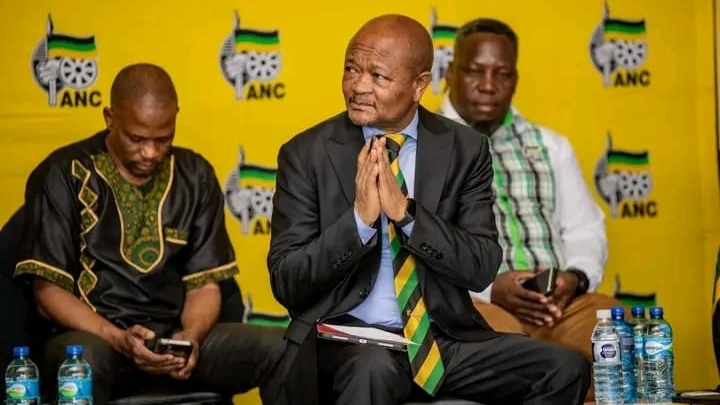
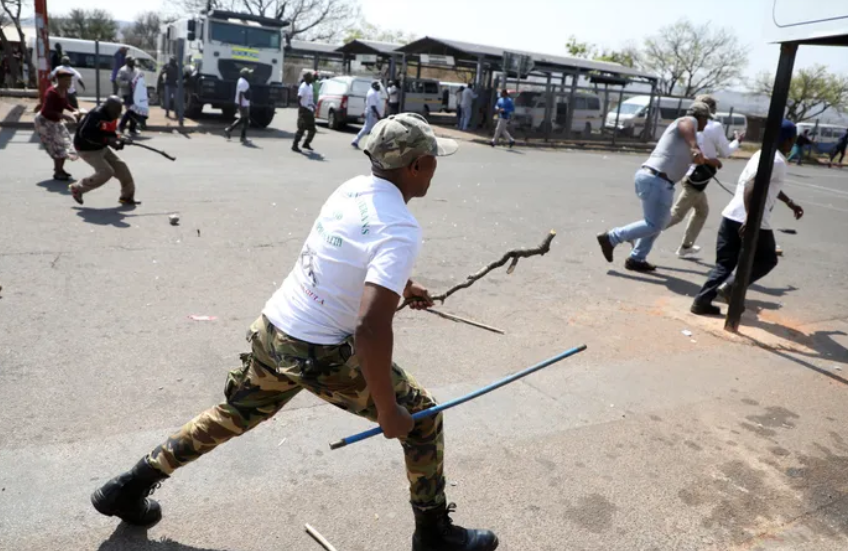
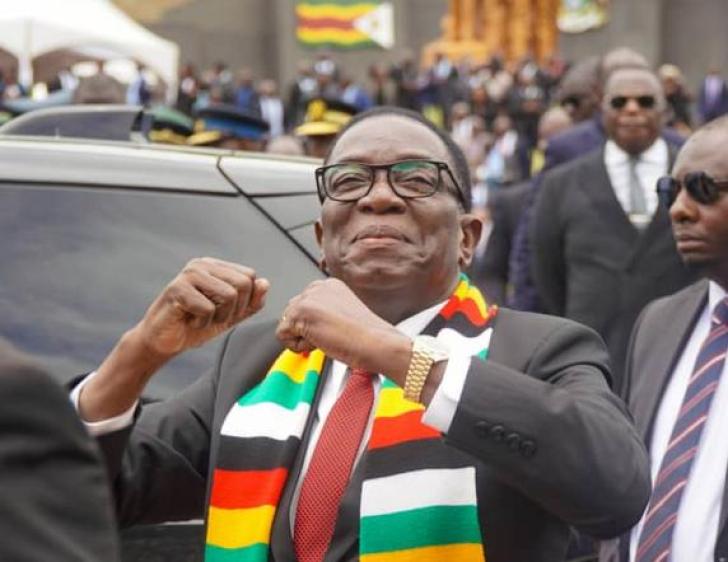
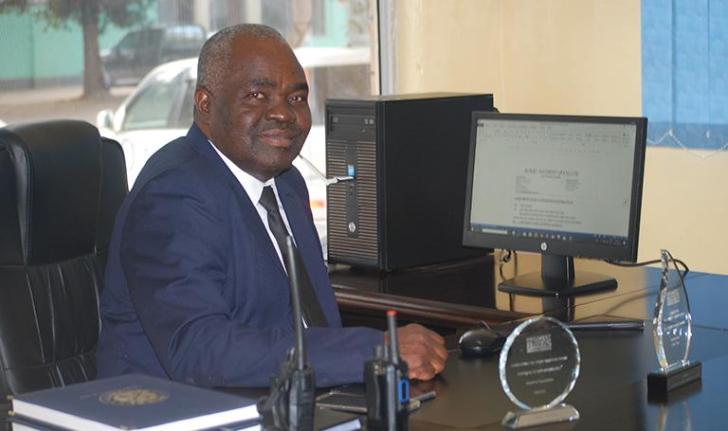
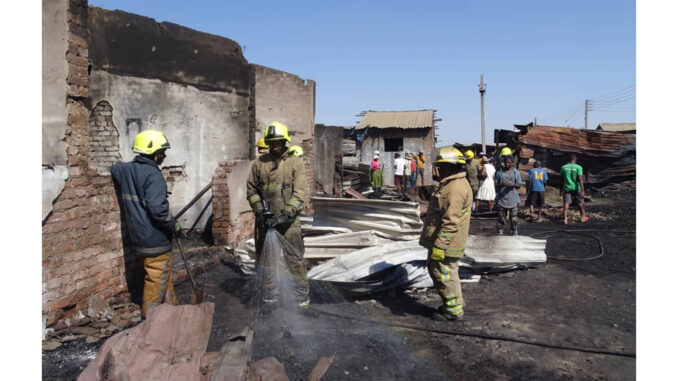
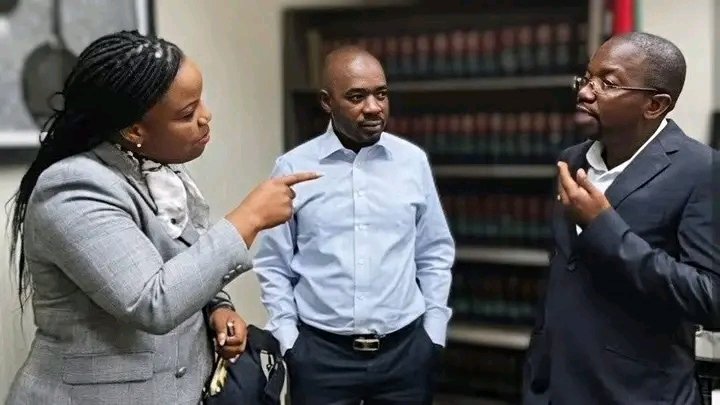
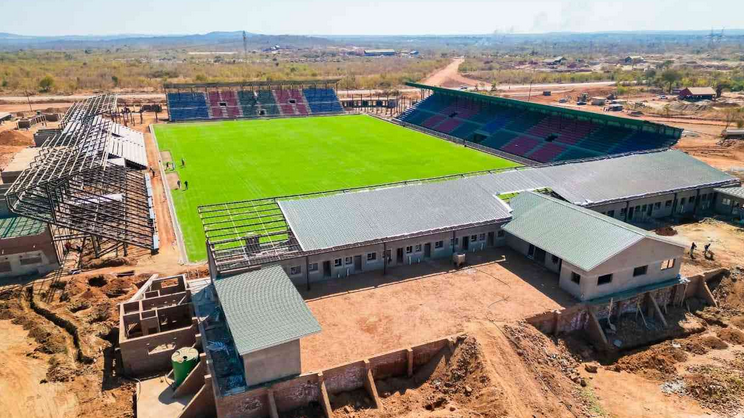
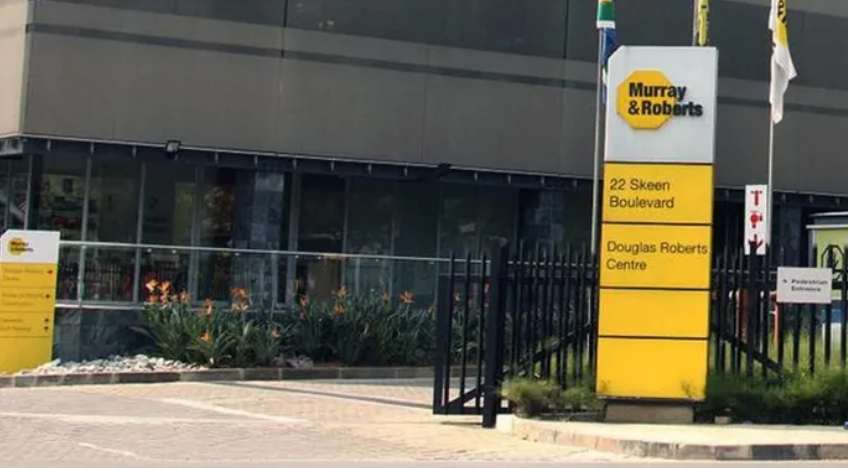




 Young Investment Professional (YIP) Graduate Programme 2019
Young Investment Professional (YIP) Graduate Programme 2019
Editor's Pick